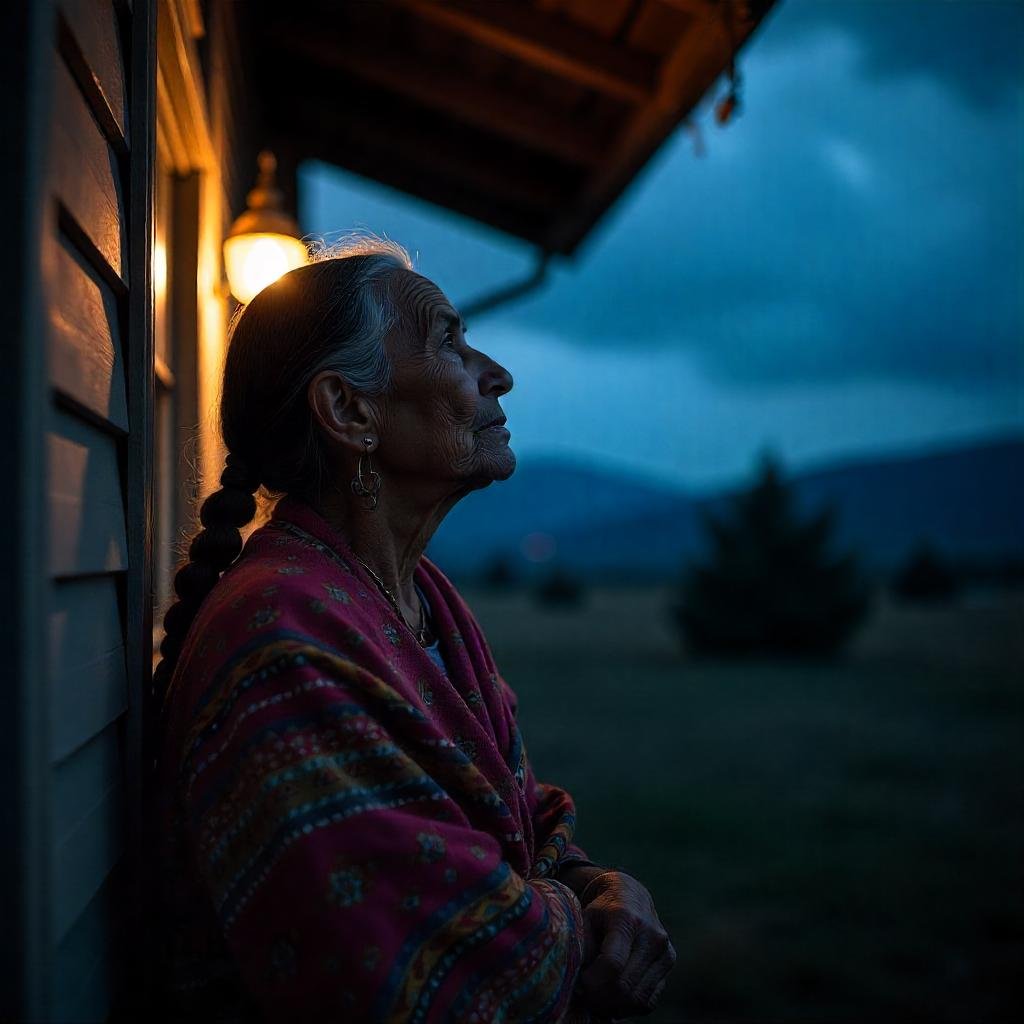Jacob, the son of Isaac and grandson of Abraham, was no stranger to dysfunction. He was raised in a home where favoritism was the order of the day. Isaac favored Esau, and Rebekah favored Jacob. You would think Jacob, having experienced firsthand the damage of parental favoritism, would have done things differently with his own children.
But no.
He repeated the same thing.
Genesis 37:3 says “Now Israel loved Joseph more than any of his other sons, because he had been born to him in his old age; and he made an ornate robe for him.”
Jacob had twelve sons, yet he loved Joseph more than the others and he didn’t hide it. He made him a special coat, the infamous coat of many colors, which became a visible symbol of his preference. This led to jealousy, hatred and eventually his brothers sold him into slavery.
One would think that having gone through certain things, you’d be determined not to repeat them. Especially when you know how much they can hurt. But maybe that’s the thing… maybe you don’t really know how much it hurts if you were the one being favoured.
Maybe it feels normal.
Maybe it even feels deserved.
And maybe that’s what happened with Jacob. He didn’t seem to realise the very thing that tore his family apart was the same thing he was handing down to his children, except now, instead of two sons, it was twelve.
This just shows how difficult generational traits and patterns can be to break. If we’re not careful, we will become the very people we once blamed. Not because we want to, but because we never took the time to heal or confront what we experienced.
Jacob’s favoritism towards Joseph planted bitterness in the hearts of his other sons. They couldn’t even speak peacefully to him. That one act, the giving of the coat of many colours, the dreams he didn’t rebuke, the little indulgences, set off a chain reaction that led to betrayal, heartbreak, and years of family silence.
Jacob also had moments when he was silent when he should have spoken. When Dinah was defiled, he “held his peace.” Her brothers stepped in and took matters into their own hands. It wasn’t just the man who violated her that they went after; they wiped out his people too. What started as a cry for justice turned into a bloodbath. (Genesis 34).
I can’t help but wonder… what if Jacob had done something?
What if he had spoken up, stepped in, and taken the lead when Dinah was defiled?
What if he had shown her that her pain mattered, that her voice was heard, and that her dignity was worth protecting?
Maybe, just maybe, her brothers wouldn’t have felt the need to take justice into their own hands.
And then again, the same silence shows up when Joseph shared his dreams.
Jacob did rebuke him lightly the second time. But after that? Nothing more. No real guidance. No deeper conversation. No pulling Joseph aside to help him understand the weight of what he’d seen, or how to carry it with wisdom and humility. No effort to speak to the other brothers either, to caution them against their growing envy.
Just… silence.
And once again, that silence left room for something else to grow. Bitterness. Jealousy. Resentment. Until one day, the resentment matured into full blown desire to murder their own brther. Thankfully, Joseph’s story didn’t end in the pit. God used it to preserve nations, reconcile families, and showcase His sovereignty.
Silence Isn’t Always Golden in Parenting
Sometimes, when parents don’t act, when they don’t speak, protect, correct, or comfort, children will rise up and act in ways that might be driven more by anger than wisdom.
There are moments in my own home when one of my sons comes to report the other. You can tell he’s really hurt, and even though, when he finally explains what happened, it may not seem like a big deal to me… the truth is, just because it’s no big deal to me doesn’t mean it’s not a big deal to him.
If it makes him cry, then it’s enough to be addressed.
So I call the other one. I try to understand what happened from both sides. I don’t rush to dismiss anyone’s feelings. I help them reconcile without putting either of them down. And in the end, they usually hug it out and race off, laughing again like nothing happened.
But something did happen, they were heard. They were helped. And in that moment, I didn’t choose silence. I chose to show up, to hear them and to love them.
Silence, especially in parenting, can sometimes say the wrong thing. Silence, in some moments, isn’t wisdom, it’s passivity. It can say, “This isn’t important,” or worse, “You are not important.” And children don’t always have the words to explain what that silence does to them… but it stays.
Parents aren’t just meant to provide. We’re meant to protect and speak up. Some battles need our voice. Some wrongs need our action.
We may not get it right all the time. We may stumble, repeat some patterns, miss some moments. But we can also repent, rebuild, and let God rewrite history through our parenting.
Joseph’s Redemptive Shift (Genesis 48:13–14)
Jacob’s story shows the danger of repeated patterns, but Joseph’s story shows the hope of broken cycles. Though Jacob gave a greater blessing to Ephraim over Manasseh, both sons understood it was God’s sovereign will, not just their father’s preference. This would have at least given them the grace to accept their roles before God rather than bear resentment toward their father.
More importantly, you can tell Joseph had worked on breaking the cycle of favouritism when he tried to rearrange his sons before Jacob’s blessing, it wasn’t just a moment of confusion, it was a deliberate act to refuse to pass on favoritism. He intentionally chose to raise Ephraim and Manasseh with equity, modeling a healed and balanced form of parenting that flows healing into the next generation.
Other Lessons
- Our children are watching how we parent. They don’t just inherit our wealth or our words, they absorb our wounds, our patterns, our preferences.
- Unresolved issues can become generational cycles. Jacob likely never fully healed from the favoritism he experienced. And without healing, he unconsciously passed it on. Heal, so you don’t repeat.
- Love must be demonstrated without partiality. Even if we feel closer to one child for a reason (personality, behavior, shared interests), we must be prayerful and wise enough not to let our affection, or correction, become uneven. Don’t love one child at the expense of another.
- Speak when it matters. Don’t be silent when your children need you present.
- Your story, no matter how flawed can still end in blessing.
Jacob’s life reminds us that the choices we make as parents today don’t just affect our children, they can spiral across generations. But by God’s grace, we can be the ones who break the cycle and begin something new.
Dear parents:
Have you noticed any parenting patterns in your family that need to be broken?
Are there ways you’ve unconsciously repeated the same dynamics your parents used?
You may not have twelve sons or a multicolored coat in your home, but perhaps there’s an “Esau” and a “Jacob” situation unfolding right before your eyes, one child feeling preferred, another feeling overlooked.
Today, ask God to show you where healing and balance are needed in your parenting journey.






